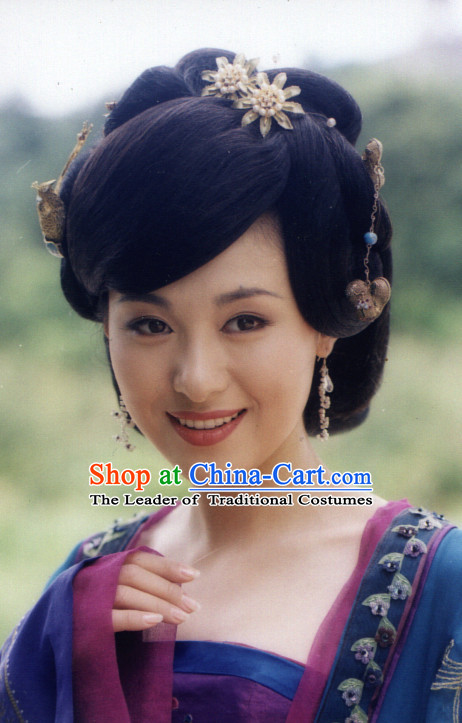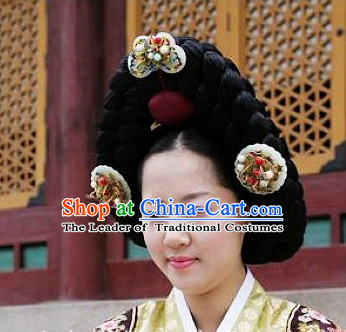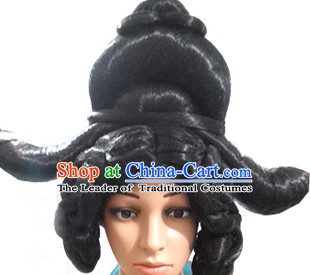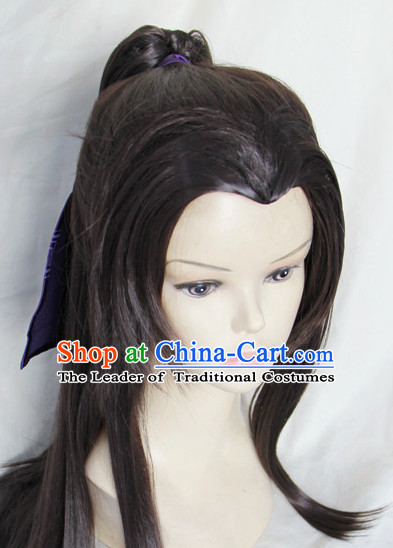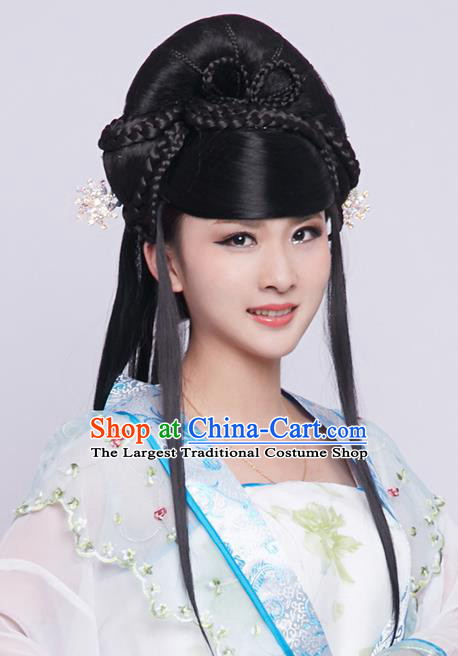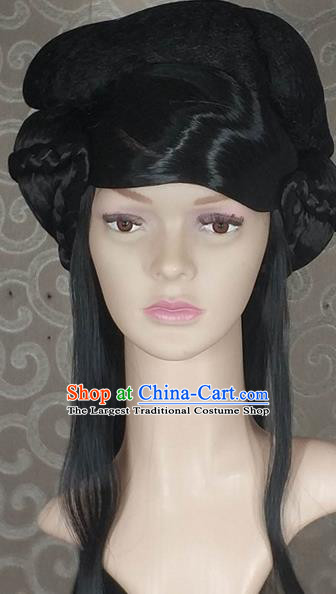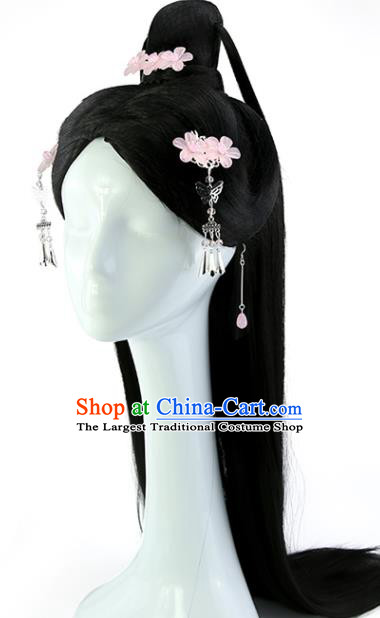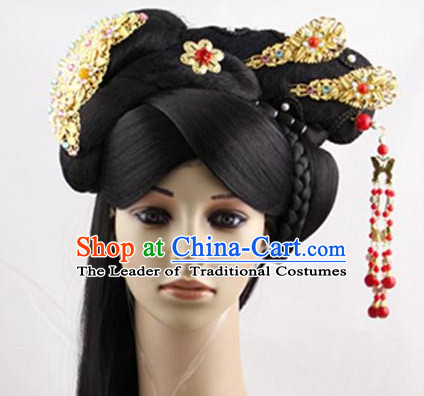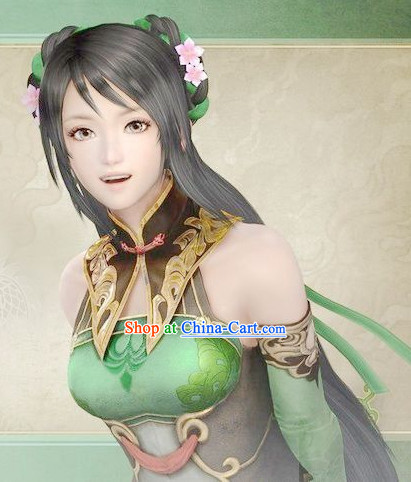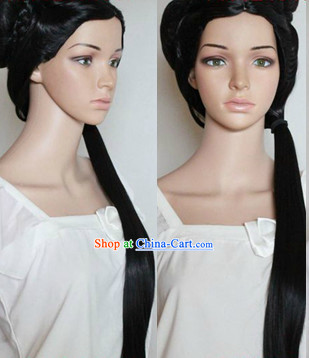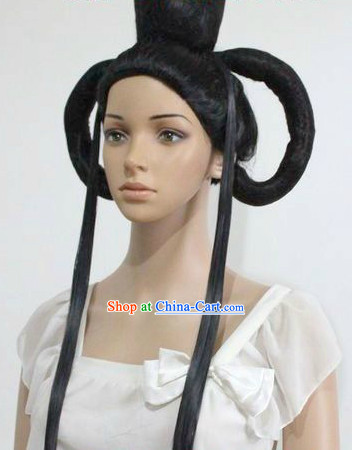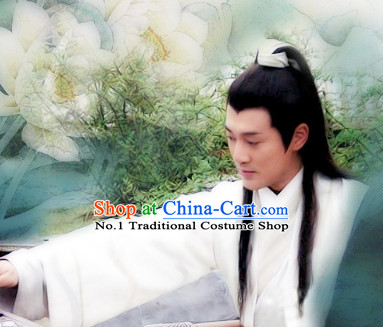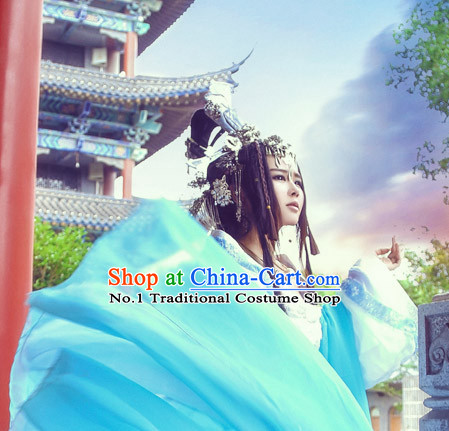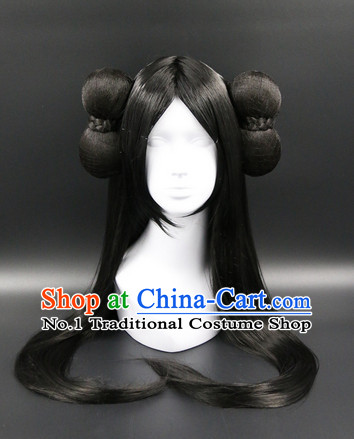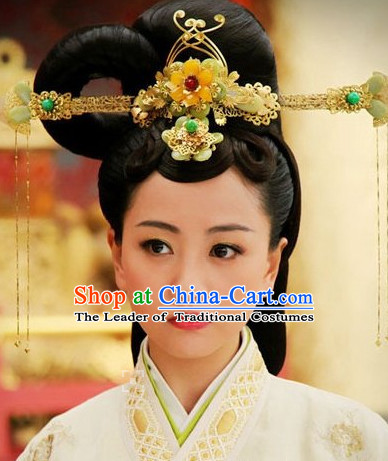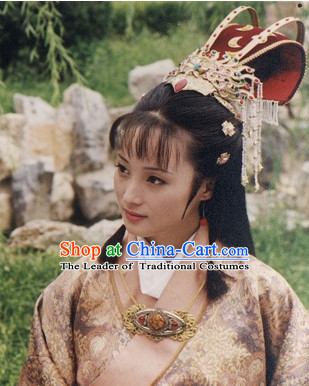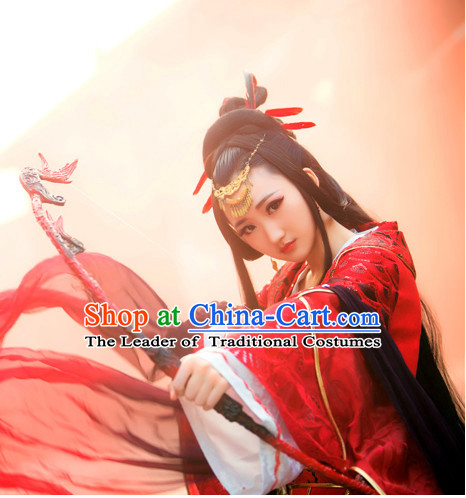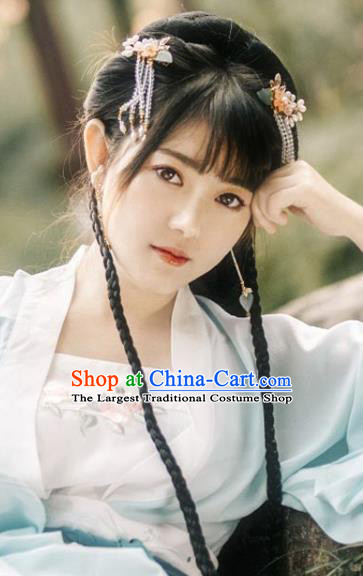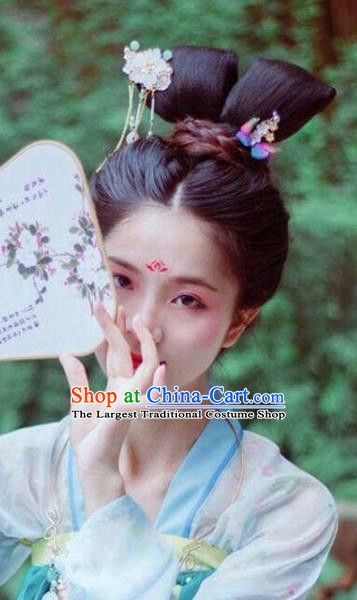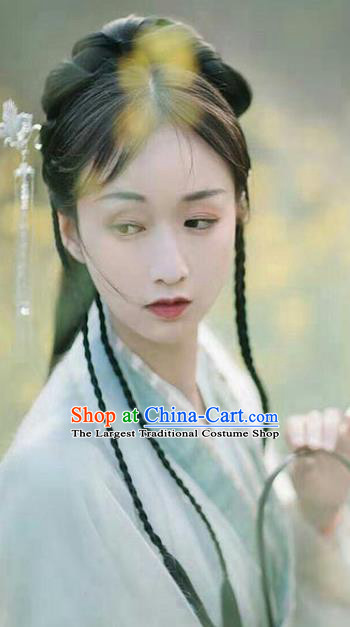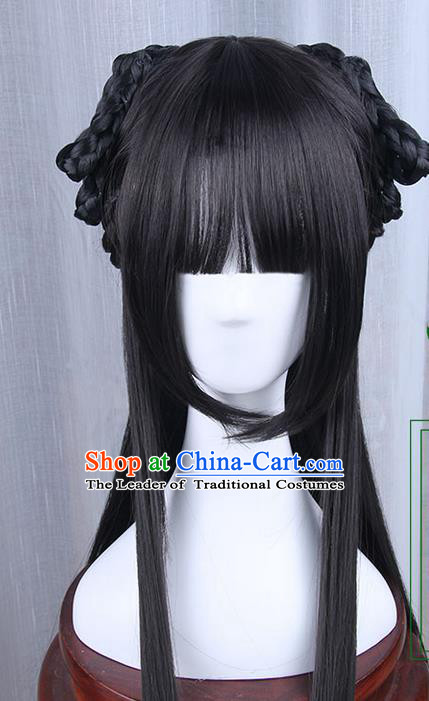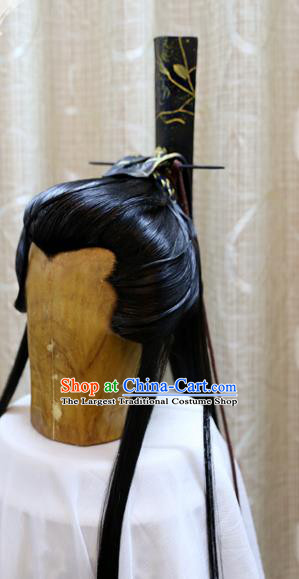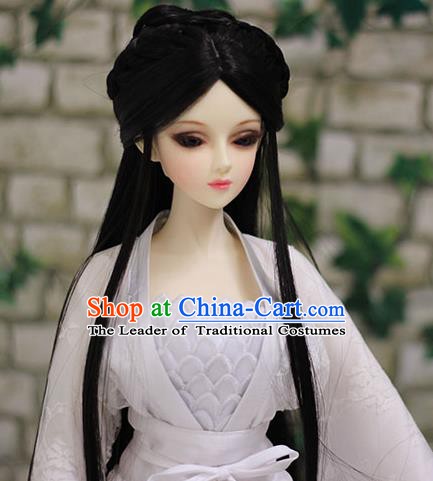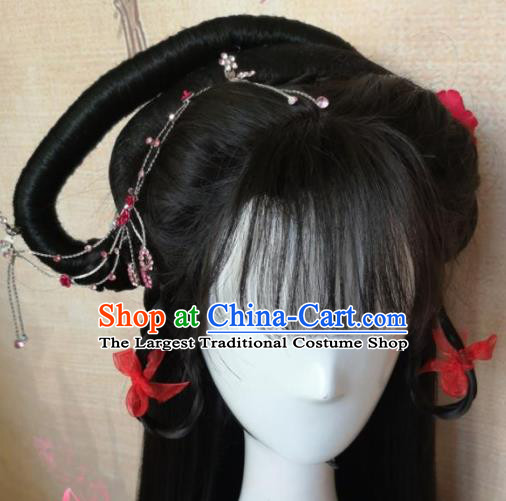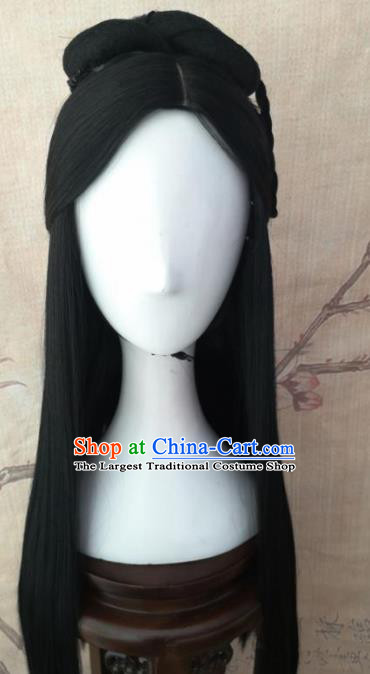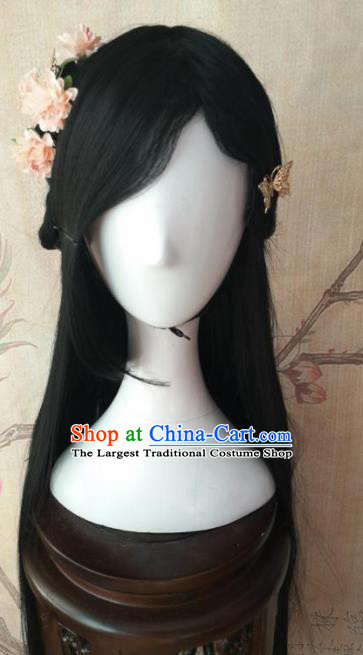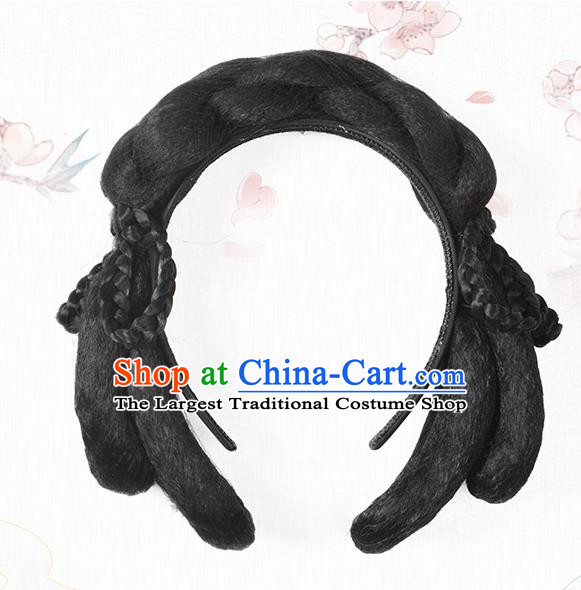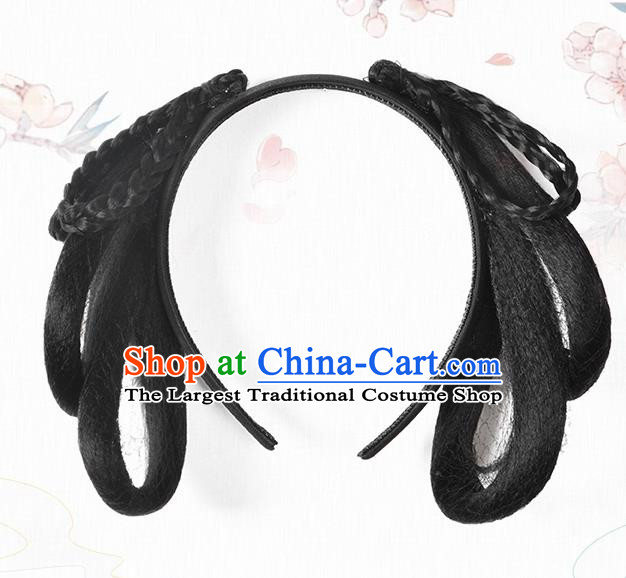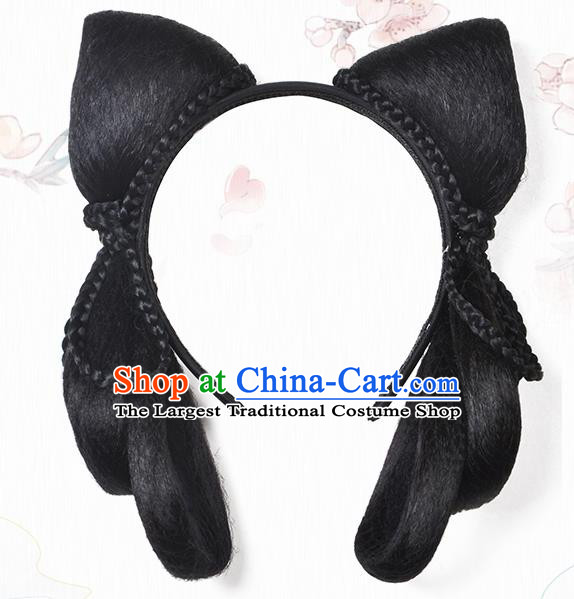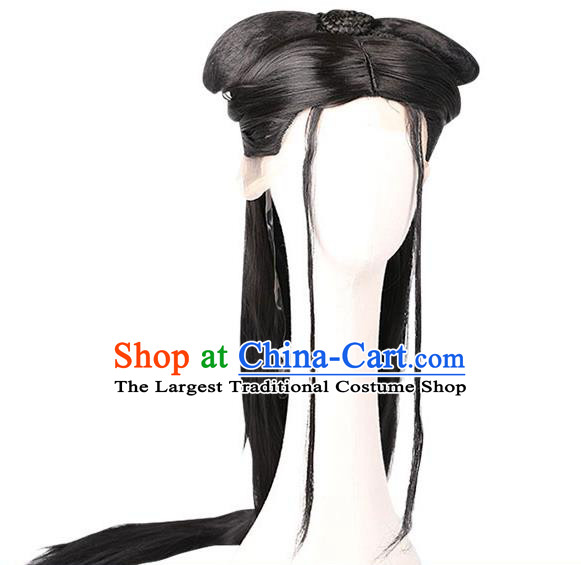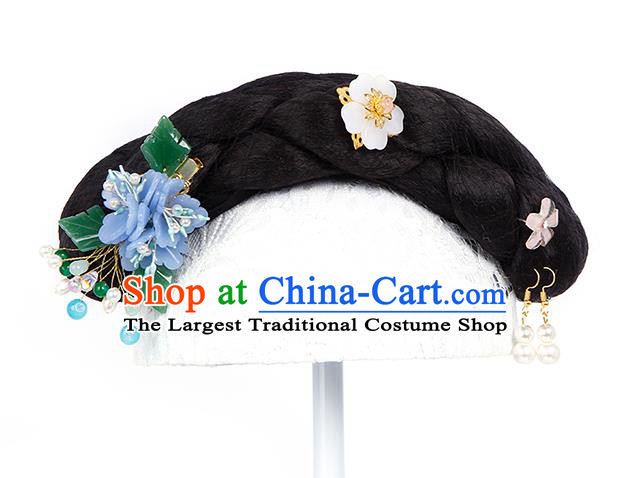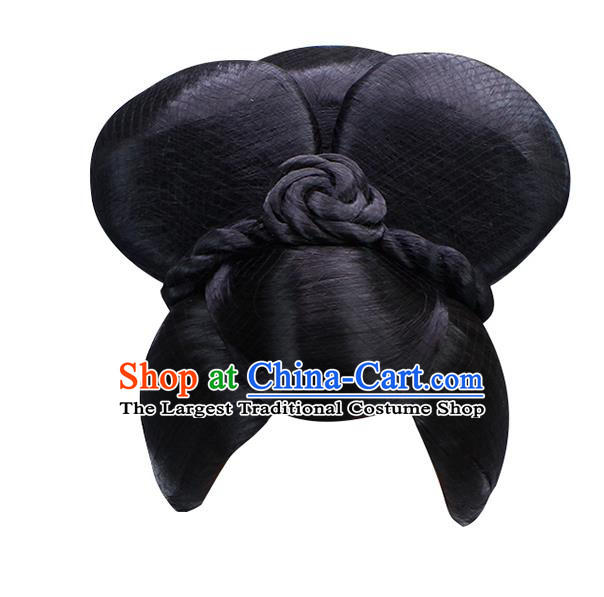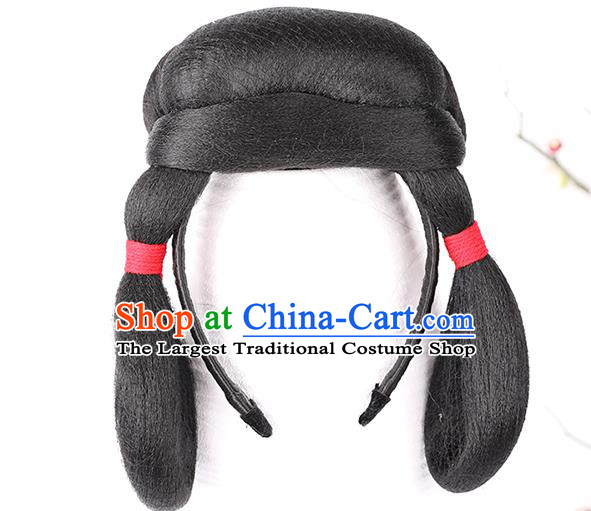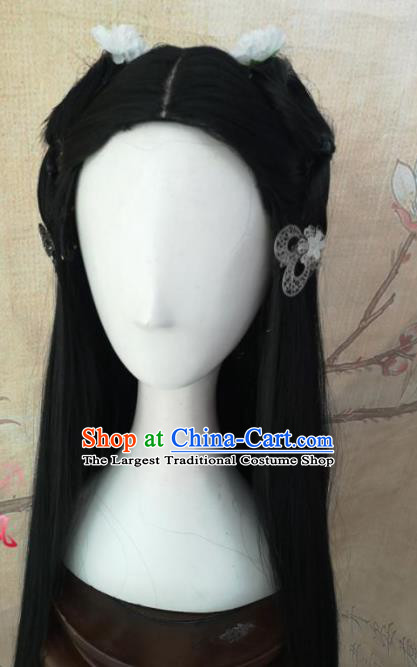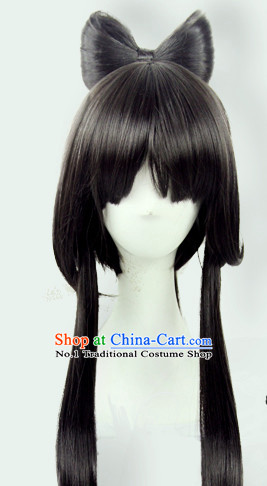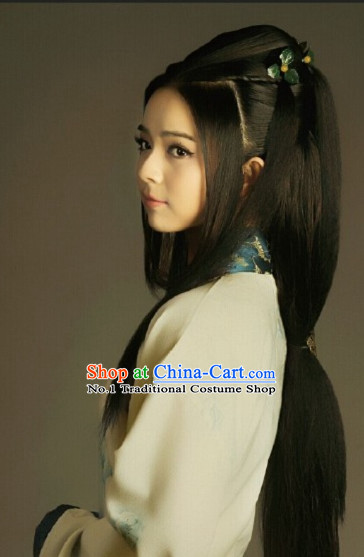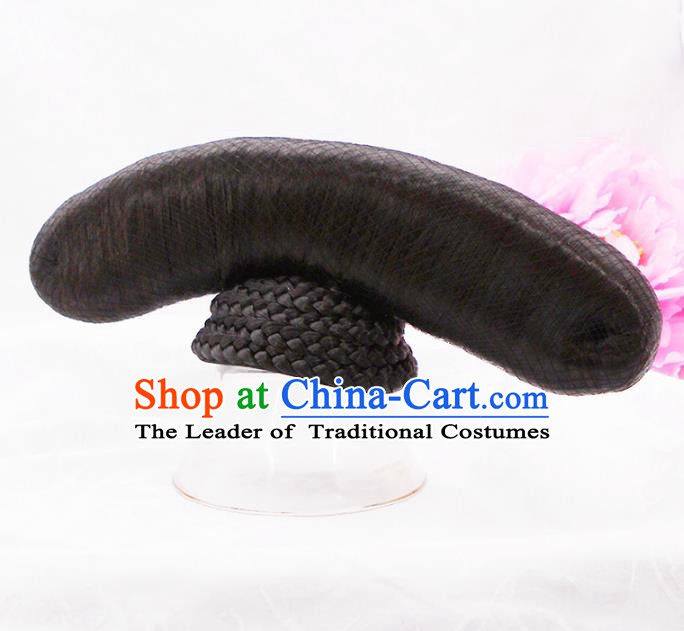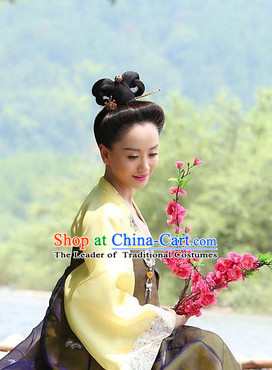
Click Related Pictures for More Audios:
In ancient China, the black long hair of palace ladies was a unique aesthetic expression in Chinese ancient culture.
This hairstyle is usually worn by women to show their elegance and nobility.
In ancient China, long hair was regarded as a symbol of female beauty because it represented softness, obedience, and purity.
Therefore, many women chose to grow their hair long and carefully styled it to showcase their beauty and charm.
In the historical context of ancient China, long hair also had important social significance.
In feudal society, women's status was relatively low, and they were often restricted to roles within the family and society.
However, by maintaining long hair and using it as a symbol of identity, women could demonstrate their independence and autonomy.
Additionally, long hair could serve as a protective measure, helping women avoid harm or violation from the outside world.
Apart from its aesthetic and social significance, the black long hair of palace ladies in ancient Chinese style also has rich historical background and cultural connotations.
In traditional Chinese culture, black is often associated with mystery, solemnity, and nobility.
Therefore, dyeing hair black and using it as an ornament can convey an image of nobility and elegance.
Furthermore, long hair can also serve as a traditional hairstyle form, representing respect and commemoration for ancestors and traditions.
In conclusion, the black long hair of palace ladies in ancient Chinese style is a unique aesthetic expression with rich historical background and cultural connotations.
It not only showcases the beauty and charm of women but also conveys a spirit of independence and autonomy.
By appreciating these beautiful long hairstyles, we can better understand the richness and diversity of ancient Chinese culture.
